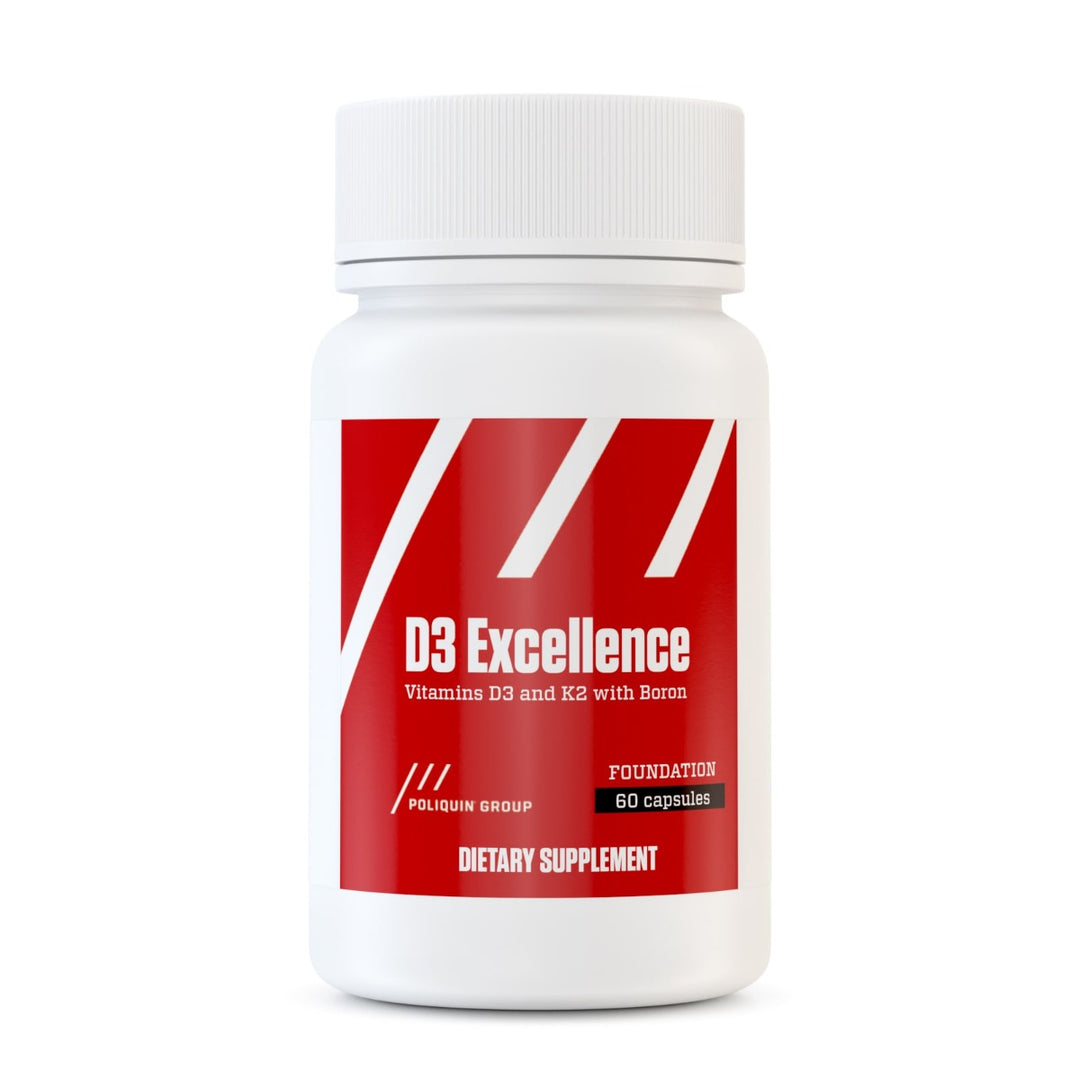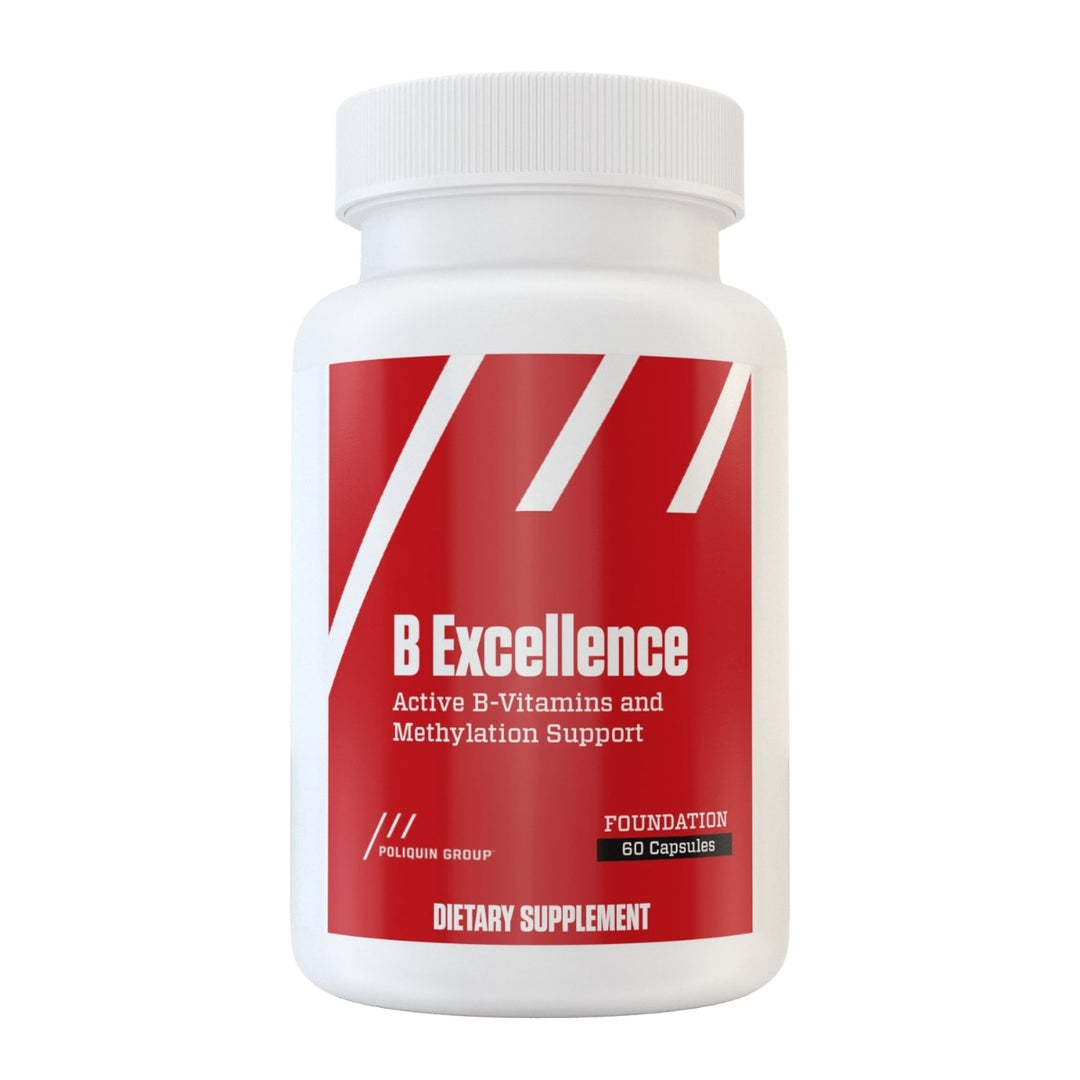Re-think How You Count Exercise Calories
How Equal Calories Burned Mean Different Metabolic Results
Many people fixate on the number of calories burned during exercise. Every coach has at least one client that is obsessed with doing calorie burning cardio to make up for overeating—an approach that doesn’t work for preventing weight gain, much less the reduction of excess body fat. A new study from New Zealand shows why.
In this study researchers compared the metabolic effects of two different hour-long exercise protocols that were matched for energy expenditure, with the female participants burning an average of 335 calories for both workouts:
A cardio-based indoor cycling workout
A weight training protocol using a circuit workout
In addition to testing the number of calories burned during each workout, the researchers took blood samples to assess hormonal responses to training. Results showed that Growth Hormone (GH)and blood lactate levels were significantly higher after weight training than they were after cycling. Weight training is known as a potent stimulator of GH and in this study the women experienced an average increase of 562 percent compared to a 295 percent increase after the cardio bike workout.
Blood lactate response was also much greater in response to weight training with the women having a 163 percent increase in lactate circulating in the blood compared to a 77 percent boost following the cardio workout.
Why does this matter?
Growth hormone and lactate have a powerful effect on several metabolic processes that impact body composition including protein synthesis (muscle building), bone mineralization (bone building), and fat burning. This combination could lead to a prolonged elevation in metabolic rate so that your body burns more calories over the 24- to 48-hour recovery period after your workout.
It also encourages tissue remodeling, allowing you to decrease fat tissue while increasing lean mass in the form of muscle and bone—two types of tissue that require more energy to maintain than fat. Not only will you look tighter and more sculpted due to increased muscle, but the net effect is that your body burns more calories overall as part of your resting metabolic rate.
Another important factor is enjoyment and how different exercise modes influence our eating behavior. The women in the study reported that they enjoyed the weight training significantly more than the bike workout despite giving the weight workout a difficulty rating that was nearly double that of the bike workout. RPE for the weight workout was 7 or Very Hard compared to the cardio workout that clocked in at a 4 or Moderate.
Naturally, people are more inclined to perform exercise that they enjoy even if it is difficult. In fact, the combination of high enjoyment and difficulty may encourage adherence since people feel like they are getting more out of their efforts.
There’s also the fact that calorie counting may predispose trainees to overeat due to a phenomenon called “compensation.” Studies show that when people exercise with the express purpose of burning calories, they often unconsciously reward themselves for their physical efforts, eating more calories than they need over the long term. In addition, steady-state forms of cardio lead to the loss of lean mass, degrading metabolic rate.
The solution is to shift your attention away from burning calories and focus on performance-related goals, such as getting stronger, more powerful, or healthier. Put your attention on doing high-quality workouts in which you increase the weight on the bar or the number of reps you can do before failure instead of on the (unreliable) number of calories burned. Remind yourself of all the powerful benefits of working out besides energy expenditure:
- You increase lean mass by building muscle and bone.
- You improve insulin sensitivity and glucose tolerance for a healthier metabolism.
- You raise mood and counter anxiety.
- You increase motivation to engage in other healthy behaviors that make you feel energized and strong instead of detracting from your self-image.
Final Words:
Don’t fall into the terrible habit of using exercise as a punishment to burn off the excess calories you ate the day before. Instead, gravitate towards healthy food choices that allow you to eat within your energy needs. Incorporate mindful eating, tracking your habits with a food journal, planning meals in advance, and adopting a regular eating/fasting schedule. This will allow you to establish a game-changing, but simple nutrition plan to keep your calorie intake in check without counting.











